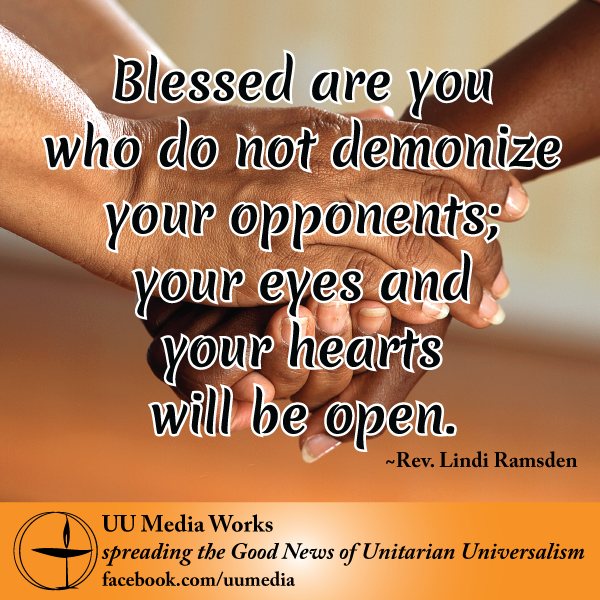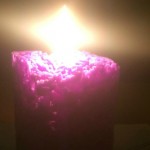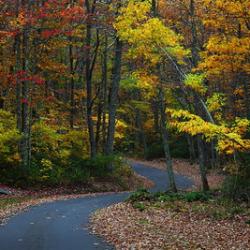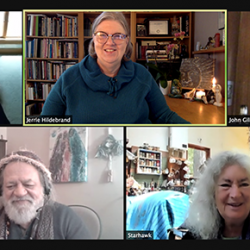Discussing our Six Sources, Rev. Kathleen Rolenz said, “Throughout history, we [Unitarian Universalists] have moved to the rhythms of mystery and wonder, prophecy, wisdom, teachings from ancient and modern sources, and nature herself.”
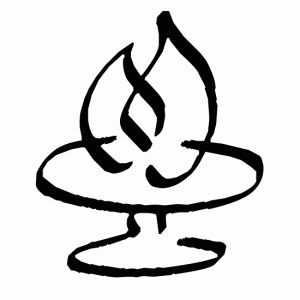
I find this quotation tremendously appealing. I didn’t really buy it until I came to understand a fundamental piece of it. I think the key to the quotation is, “moved to the rhythms.” At various points, our traditions, as well as our Living Tradition, have leant more in one direction than another, then swung back towards yet another, and then come to rest for a while with another.
Nowadays, though, according to the UU website, the Six Sources from which we draw our inspirations are those which “[o]ur congregations affirm and promote. [emphasic mine]”
I’m not sure that I buy this statement. That is, I’m not sure I buy it on the congregational level.
It has certainly been the case that I have been in congregations that do not affirm, and certainly do not promote all Six Sources of our faith.
Some Christians feels marginalized in their congregations. Some humanists and atheists feel marginalized in their congregations. Some Earth-centered practitioners and Pagans feel marginalized in their congregations.
I do think it is fair to say that as a living tradition, we have places, including some individual congregations, where folks of all these persuasions can feel safe, embraced, and part of a large, vital tradition. We have places, including congregations, where members and ministers do our best to truly practice henotheism.
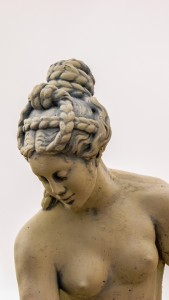 Henotheism, according to several sources, is the devotion to one deity (I would say, one belief system, in our case) while believing in or accepting the possibility of other deities (systems). In Paganism, we see this over and over in many different forms.
Henotheism, according to several sources, is the devotion to one deity (I would say, one belief system, in our case) while believing in or accepting the possibility of other deities (systems). In Paganism, we see this over and over in many different forms.
For example, I am a devotee of Aphrodite, as well as of the “One Who Is Many—Male, Female, Both, and Neither.” I don’t deny the right or propriety of devotion to other deities or systems.
Neither of these sets of beliefs negates my respect for or even participation in other systems: Science comes immediately to mind, as does my passionate appreciation for Abrahamic religious texts, ethics, and liturgical practice.
Rev. Rolenz’ quotation above suggests that UU’s can truly be henotheists. That what god/desss/es you worship pose no threat to those I worship, nor to my worship of them. That I can affirm your worship, your ethics, your focus on the prophetic or the scientific, the magical or the wonder-full, without abandoning the center of my own practice and belief.
Not only can we be henotheist, but in some ways we are uniquely suited to be so. We have a religious tradition that currently publicly proclaims its affirmation and promotion of various sets of ethics and beliefs. We claim that we affirm Mystery, or to quote, “direct experience [emphasis mine] of that transcending mystery and wonder, affirmed in all cultures…”
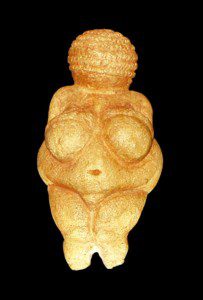
If we affirm direct experience, then we are affirming personal experience. We are affirming what cannot necessarily be explained by repetition and experimentation.
We are affirming the value of the intensely personal, life-changing and yet inexplicable experiences that so many of us have had, however we interpret them.
We are affirming that experience many of us call (and that many UU’s call in their congregational surveys) mysticism.
I say all this to say this: I urge Unitarian Universalists to learn more about one another. Given our Principles and Sources, I think we have an obligation to one another to do so.
Until we reach out across theological differences in our own congregations, how can we expect to hear and understand those whose religions look quite different from our own? How can we hear from those faiths which are more focused on a given path? How can we learn from those who are what we might call “hard” monotheists or Trinitarians, rather than those who allow for many expressions of deep meaning or divine communion?
Most of the readers of Nature’s Path are indeed UU-Pagan or practitioners of Earth-centered paths. Not all, however. Some read this blog to understand others. That is really to become more committed henotheists. I know those who read this blog in order to understand better the concerns and practices of their co-religionists, their sibling UUs.
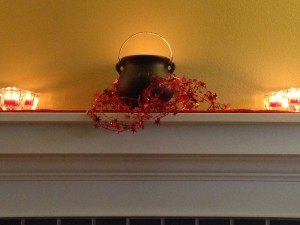 To both groups—the Pagans and those who would learn more about us—I am offering a free class series on The Wheel of the Year. Many Pagans and Earth-centered practitioners of many different, specific paths celebrate eight solar holidays: the solstices, equinoxes, and the days that fall between. It is these eight holidays that constitute The Wheel of the Year.
To both groups—the Pagans and those who would learn more about us—I am offering a free class series on The Wheel of the Year. Many Pagans and Earth-centered practitioners of many different, specific paths celebrate eight solar holidays: the solstices, equinoxes, and the days that fall between. It is these eight holidays that constitute The Wheel of the Year.
Might you like to learn some new ways to approach the Mystery?
If you are yourself Pagan/Earth-centered and would like a taste of community, a moment of contemplation, and a chance to ask and answer questions about the Wheel, you are welcome.
Might you like to join with others seeking to deep their experience of the holidays?
If you’d like more information and a deeper invitation to Turning the Wheel, the free series, beginning with a discussion of Imbolc, please see this page and consider joining us. Our classes will all be on Monday evenings, all a week or two in advance of the holiday to be observed. We begin on January 23rd, sharing our experiences of Imbolc, the Brigid’s Day, Candlemas, and Groundhog Day! (All celebrated February 1/2)
Come to Turning the Wheel and be welcome into a henotheist space, where we acknowledge and appreciate others’ paths, celebrate our own, and are welcome to learn more about one another.
